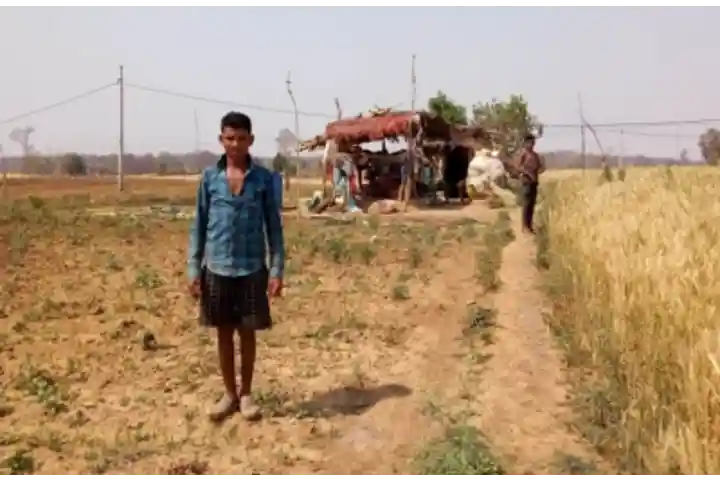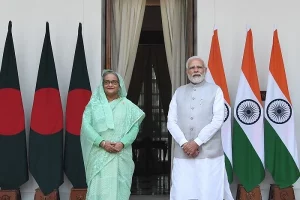Prime Minister Narendra Modi, who is visiting Maharashtra and Goa tomorrow, is set to launch the Namo Shetkari Mahasanman Nidhi Yojana aimed at benefitting farmers. Modi on social media X said that the programme will benefit 86 lakh farmers.
Under the programme, launched by the Maharashtra government, farmers will get an additional Rs 6,000 annually. This amount is in addition to the Rs 6000 that farmers per year under the Pradhan Mantri Kisan Samman Nidhi.
While this programme has brought some cheer to Maharashtra’s farming community, farmers are hoping that the government eases export restrictions—a move that will boost their overall income levels. The export restrictions on wheat, rice and several other agri products have hit the farmers.
Kharif crop sowing this year has been higher than last year—albeit marginally but price fluctuation for vegetables has become a cause for concern. Earlier this year, until April-May, prices of vegetables, including tomatoes and onions, had crashed due to oversupply.
“Despite excess production of several crops, farmers are under stress with the government’s restrictions on exports. Prices of agri products have come down dramatically impacting the farming community,” Anil Ghanwat, senior leader of Shetkari Sangathana, a Maharashtra based farmers union, told India Narrative.
Ghanwat said that policy uncertainty in the agriculture sector is pushing farmers to seek non farm jobs.
“This is something that India needs to be concerned about. The number of people willing to move out of the agriculture net is increasing every year. The reason is falling income levels and uncertainty,” Ghanwat said.
Even as the government restricted exports of several crops including paddy and wheat to control supplies and domestic prices, Ghanwat said that the farming community cannot be held accountable for inflation.
“Inflation and managing supplies are the responsibilities of the government. Farmers cannot be punished for excess production,” he pointed out.
A study by IIFL Securities noted that this year the overall acreages during the Kharif season were up 0.2 mn hectare driven by rice and cereals. However, pulses, oilseeds and cotton acreages declined. In rice, Bihar and Jharkhand have shown sharp jumps while in cereals, the jump is driven by maize, according to the study. It also added that though oil seeds acreage were down, the key crop soyabean was up.
Also read: India’s food security not in question as heavy rains fail to dent sowing of Kharif crops




















